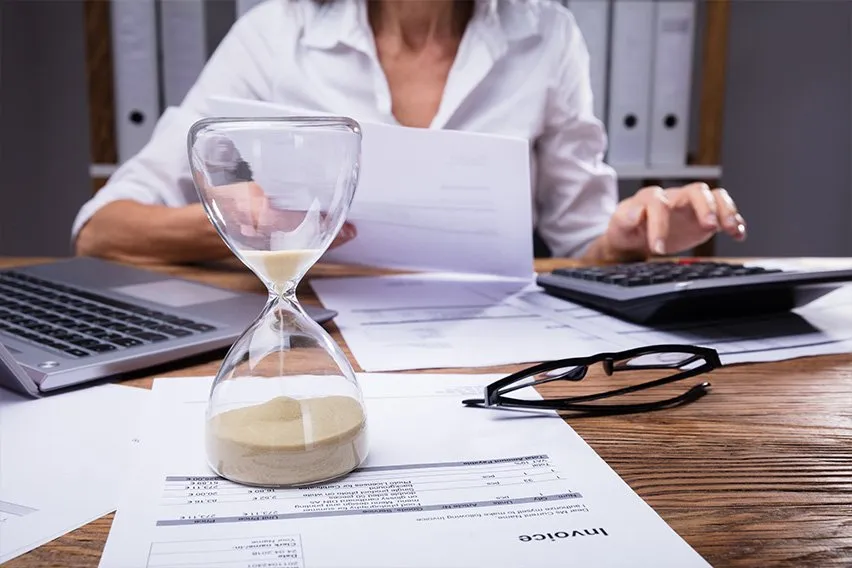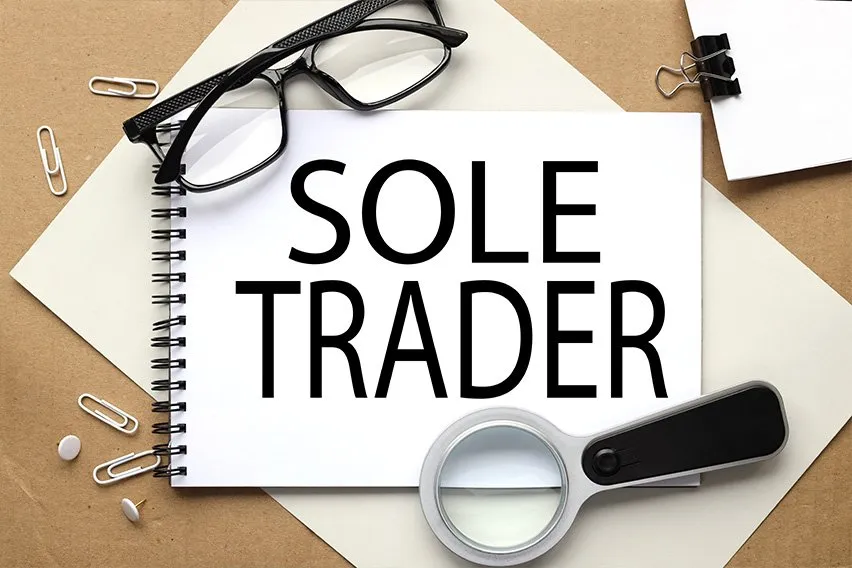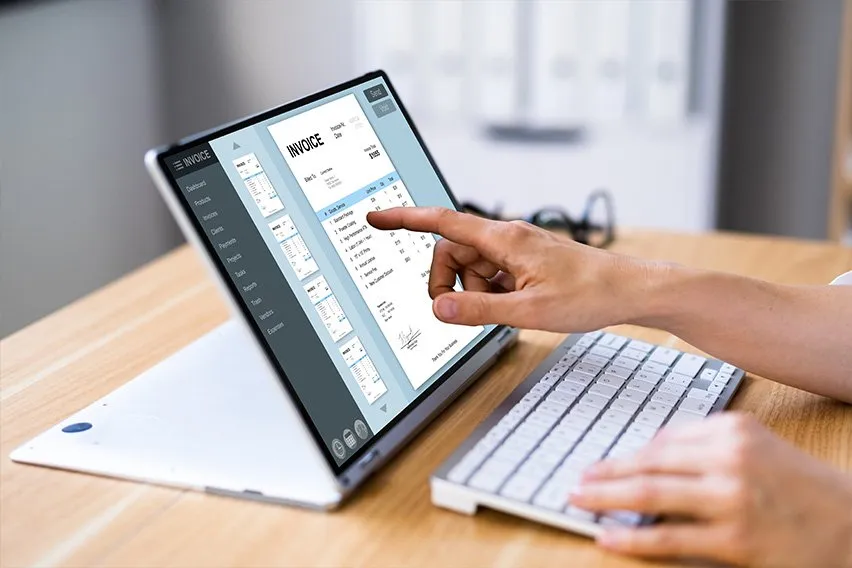What Is a Supplier Invoice?

Supplier invoices are the sales invoices and bills issued by supplying vendor and received by the buying customer. Customers also refer to supplier invoices as vendor invoices.
A supplier invoice itemizes a transaction between the buyer and seller. If the seller extended credit to the buyer for the sale, the invoice usually specifies payment terms and provides options for payment methods.
Suppliers may also opt to instead send a month-end statement as an invoice for all outstanding transactions. In this case, a company needs to clearly indicate that no subsequent invoices will be sent.
In the past, invoices have been mostly recorded on paper with multiple copies generated so that the buyer and seller each have a record of the transaction for their own records. Now, software generated invoices are common and allow for easier searching and sorting of specific transactions or specific dates.
This article will also discuss:
Reasons to Automate Supplier Invoices
Reasons to Automate Supplier Invoices
Improving your accounts payable process can help your business achieve faster turnaround on their invoices. These improvements can help your business with better visibility and cost reductions. Adopting an automation solution for your accounts payable department can help your company in many different ways.

1. Improves Workflow
Manual invoice processing leaves your business susceptible to inefficiencies and risk. There is a chance that invoices could be easily lost or misfiled which would lead to wasted time trying to track them down when you need them. Plus, there is always inevitable mistakes made in manual data entry.
Automation removes unnecessary manual steps, prevents errors and saves time. This allows documents to flow easily through the accounts payable process without getting caught up in a bottleneck along the way. The steps that take the most time in the accounts payable process are the steps that require management approval. Accounts payable automation solutions allow invoices and other documents to be digitally routed so that approval is a quick review and few clicks away.
2. Timely Bill Payments
Late payments and unorganized payment schedules can cause significant damage to your business financial reputation and supplier relationships. One payment may warrant a financial penalty and consistent late payments can cause suppliers to stop doing business with you and leave you scrambling to find a replacement.
Digitally tracking your invoices with AP automation provides visibility of your cash flow and allows you to keep an eye on the status of every invoice. This clear outline of due dates should help you pay your bills on time.
You could also benefit from discounts for paying your bills early.
3. Ready for Audits
Using automated invoice processing makes dealing with an audit a lot less painful. Accounting software gives you the ability to easily generate reports at any time. These reports help you prepare for an audit by pinpointing discrepancies in advance. Once your audit is underway, digital access to your accounts payable documents can help you provide requested necessary information to auditors quickly. Automation eliminates the scramble to find missing documents which will make an audit far less disruptive to staff.

4. Reduce Costs
Automating your invoice processing will reduce the cost per invoice. Labor accounts for nearly 62% of all accounts payable costs. This includes everything from receiving, routing and filing invoices to issuing payments to vendors and rectifying payment errors. A lot of that labor is going directly towards the manual intervention of solving problems with invoices including data entry mistakes and missed payments.
Automation can help by allowing your staff to spend less time with data entry, where errors tend to occur and reduce the need for paper invoices.
RELATED ARTICLES

 What Is a VAT Invoice? Charging Value-Added Tax to EU Clients
What Is a VAT Invoice? Charging Value-Added Tax to EU Clients What Does FOB Mean on an Invoice? | Shipping Invoice Definitions
What Does FOB Mean on an Invoice? | Shipping Invoice Definitions Flat Rate vs Hourly Rate: What Should You Choose?
Flat Rate vs Hourly Rate: What Should You Choose? How to Invoice for Hourly Work
How to Invoice for Hourly Work How to Invoice as a Sole Trader: Guide and Example
How to Invoice as a Sole Trader: Guide and Example How to Prepare A Tax Invoice: The Step-By-Step Process
How to Prepare A Tax Invoice: The Step-By-Step Process